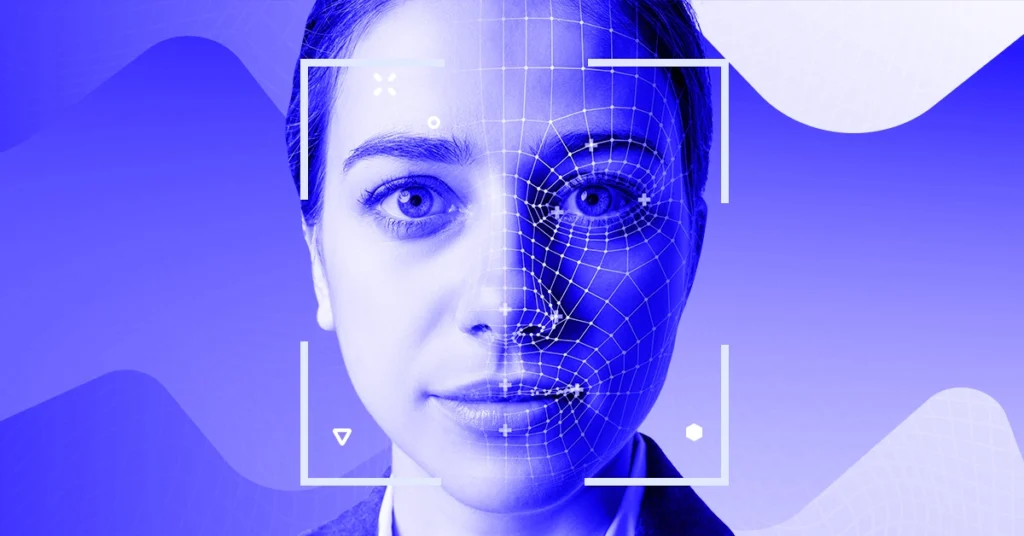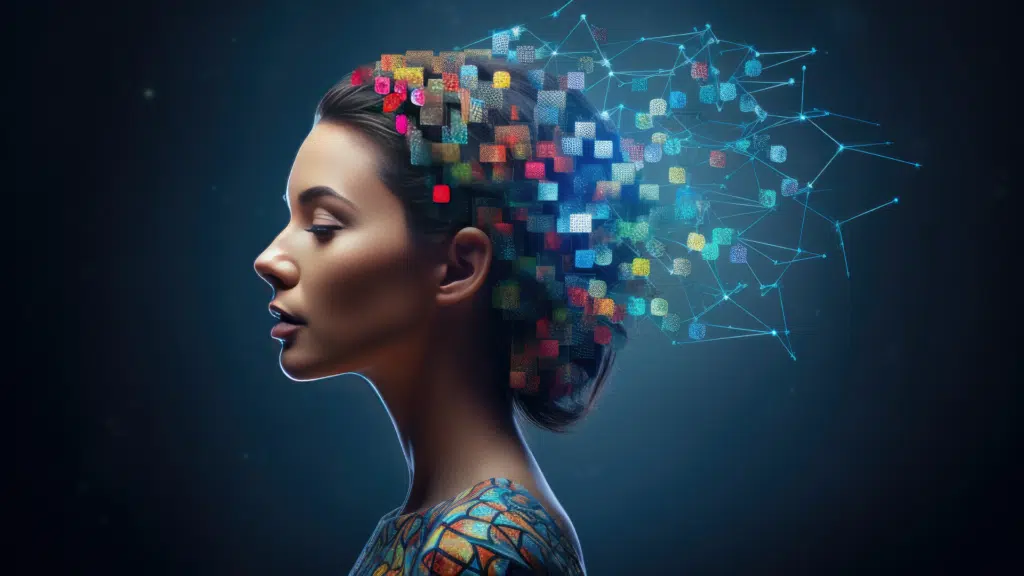The Rise of Emotional AI in Mental Health Therapy


As the intersection of technology and healthcare continues to expand, one particularly exciting development has emerged: emotional artificial intelligence (AI) in mental health therapy. This innovative application of AI has the potential to revolutionize how mental health services are delivered, offering new opportunities for treatment and support. In this blog post, we will explore the rise of emotional AI in mental health therapy, understand its implications, and look at examples of this technology in action.
—
Understanding Emotional AI
Emotional AI, also known as affective computing, refers to systems that can recognize, interpret, and respond to human emotions. These systems combine data analysis, machine learning, and natural language processing to understand subtle emotional cues from facial expressions, vocal tones, and text input. Emotional AI aims to bridge the gap between human emotional expressions and digital empathy.
In mental health therapy, emotional AI can provide clinicians with invaluable insights into a patient’s emotional state, offering a deeper understanding that extends beyond traditional therapeutic methods. These insights can help therapists tailor their approaches to better align with a patient’s current emotional condition, ultimately enhancing the effectiveness of mental health care.
—
Benefits of Emotional AI in Therapy
1. **Enhanced Patient Monitoring**: Emotional AI systems can offer continuous monitoring of patients’ emotional states, even outside traditional therapy sessions. This can be particularly beneficial for individuals who experience fluctuating emotional responses or those who require consistent support.
2. **Data-Driven Insights**: By analyzing patterns over time, emotional AI can reveal trends and triggers that might not be immediately apparent in isolated therapy sessions. This data-driven approach allows for more personalized and adaptive treatment plans.
3. **Reduction in Stigma**: Emotional AI applications can offer anonymity and privacy, which may encourage individuals who are hesitant to seek help due to stigma to engage with mental health services. This can lead to early intervention and the prevention of more severe mental health challenges.
4. **Increased Accessibility**: Emotional AI can bridge the gap for individuals in remote or underserved areas where mental health services might be limited. The ability to access AI-driven therapeutic tools through smartphones or computers can democratize mental health care accessibly.
—
Examples of Emotional AI in Action
1. **Woebot**: Woebot is a digital chatbot that uses emotional AI techniques to engage users in therapeutic conversations. By utilizing natural language processing, Woebot provides real-time responses that guide users through cognitive-behavioral therapy techniques. Its 24/7 availability makes it a readily accessible tool for those seeking immediate support.
2. **Wysa**: Another example is Wysa, an AI-based mental health app that incorporates emotional AI to provide users with emotionally intelligent conversations, offering free support for anxiety and depression management. Wysa uses natural language processing to analyze user input and offers exercises based on cognitive behavioral therapy (CBT), dialectical behavior therapy (DBT), as well as yoga and meditation.
3. **CompanionMX**: This app leverages smartphones’ sensors to track users’ vocal patterns and activity levels, using this data to understand their emotional health. By mapping changes in mood and behavior, CompanionMX offers individuals and therapists timely insights into emotional fluctuations, facilitating early interventions and personalized care.
4. **Ellie by DARPA**: Originally developed for veterans facing PTSD, Ellie is a virtual therapist capable of interpreting facial expressions, vocal tones, and word choices, thereby assessing emotional health and providing therapeutic recommendations. This technology illustrates the potential of emotional AI to understand nuanced human emotions and respond appropriately.
—
Challenges and Ethical Considerations
Despite the promise of emotional AI in mental health therapy, several challenges and ethical considerations must be addressed. Ensuring data privacy and security is paramount, as sensitive emotional data must be protected against breaches. Additionally, there is a risk that over-reliance on AI for therapeutic purposes could lead to a reduction in human interaction, which is a critical component of effective psychotherapy.
Ethical concerns also arise around informed consent and the potential for biases in AI algorithms that may impact the fairness of assessments and interventions. Developing stringent ethical guidelines and embracing transparency in AI systems will be essential in building trust and ensuring safe implementation.
—
Conclusion
The rise of emotional AI in mental health therapy represents a significant advancement in the intersection of technology and healthcare. Its ability to provide real-time emotional insights, enhance patient monitoring, and offer personalized support holds immense potential to improve mental health services. However, as with any technological innovation, it must be approached with care, considering ethical concerns and the profound impact on patient relationships.
In a world increasingly focused on mental well-being, emotional AI offers a promising complementary tool that can augment traditional therapy, making mental health care more accessible and effective. As this field evolves, continued collaboration between technologists and mental health professionals will be key to unlocking its full potential. By embracing emotional AI thoughtfully and ethically, we stand on the frontier of a new era in mental health therapy, poised to empower individuals and nurture emotional health like never before.









